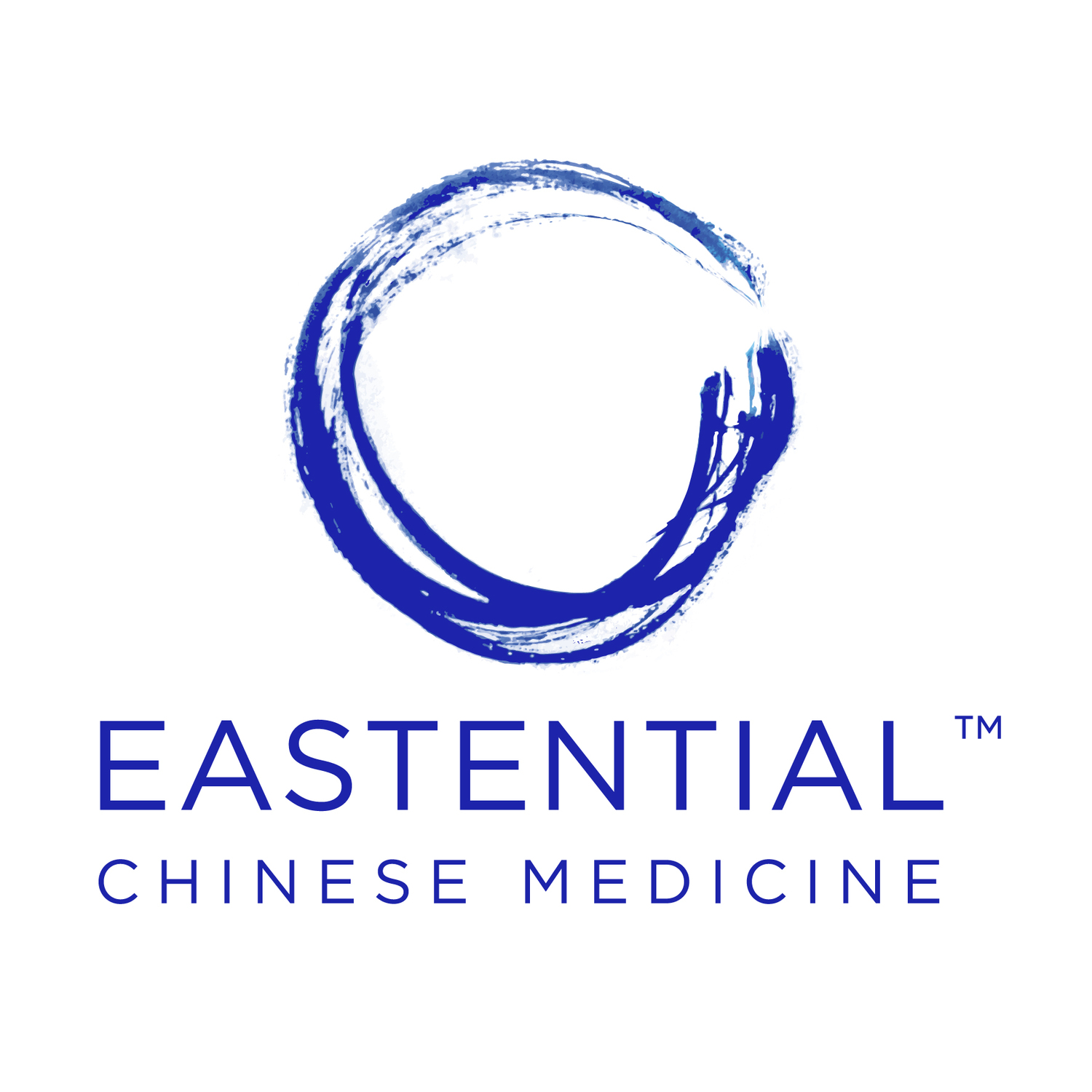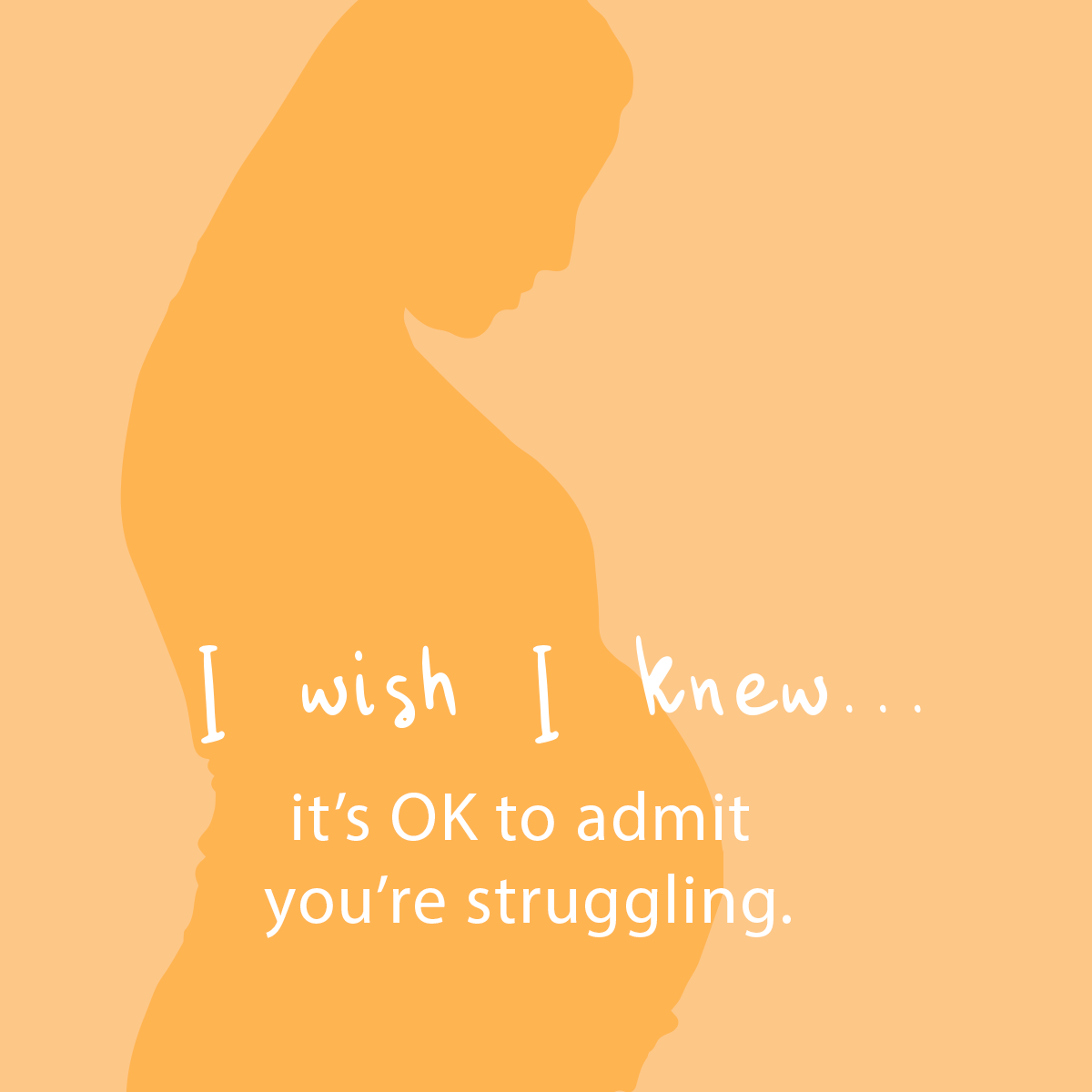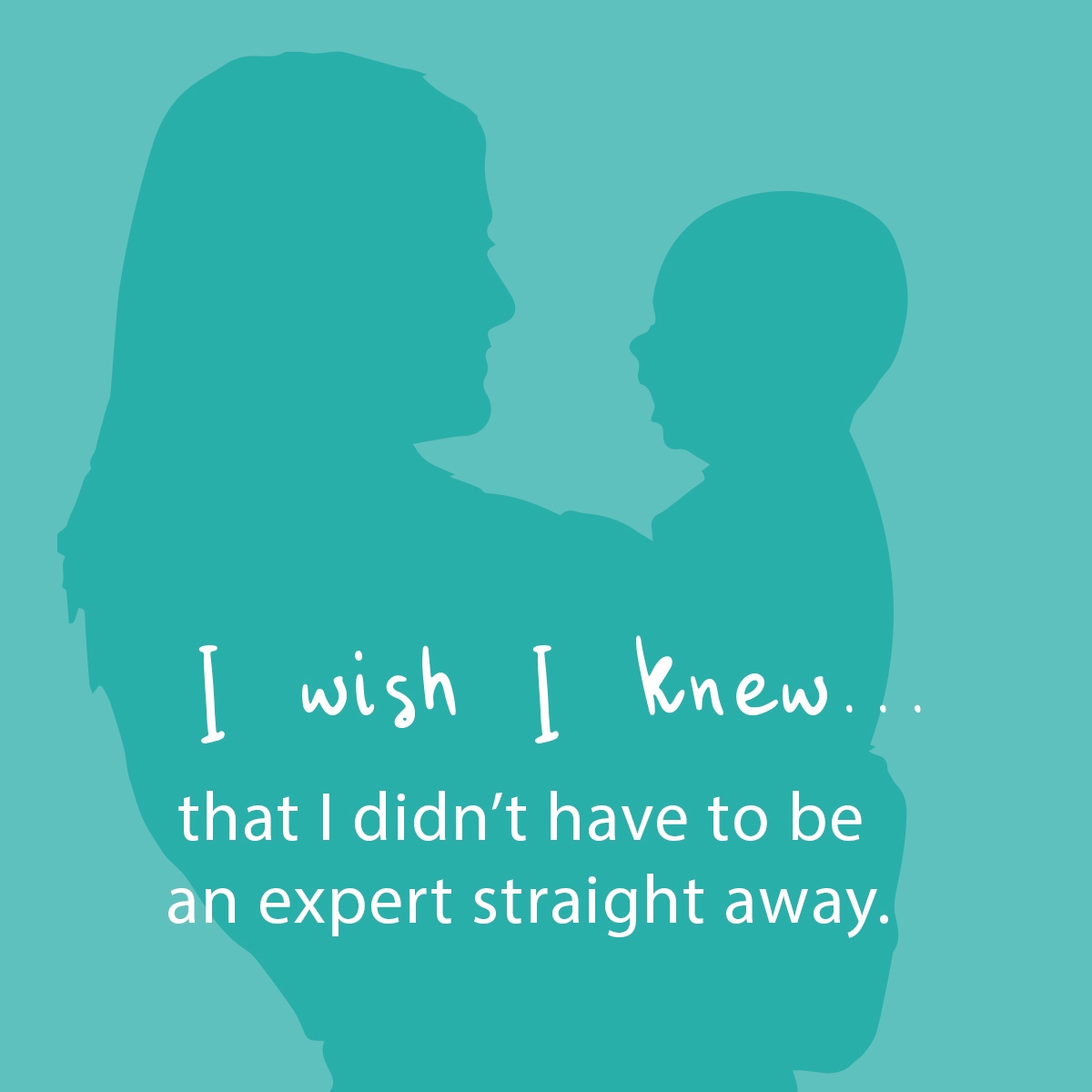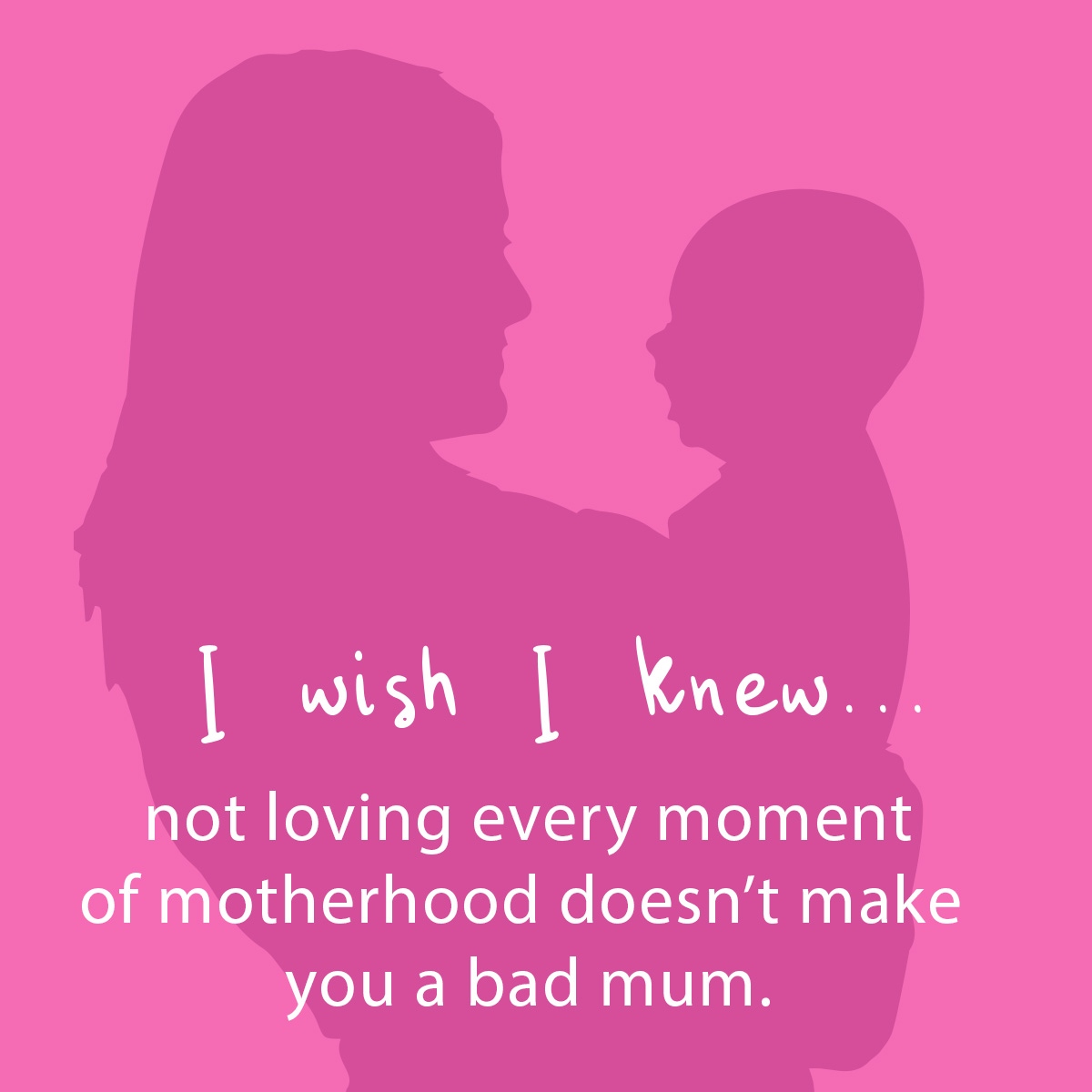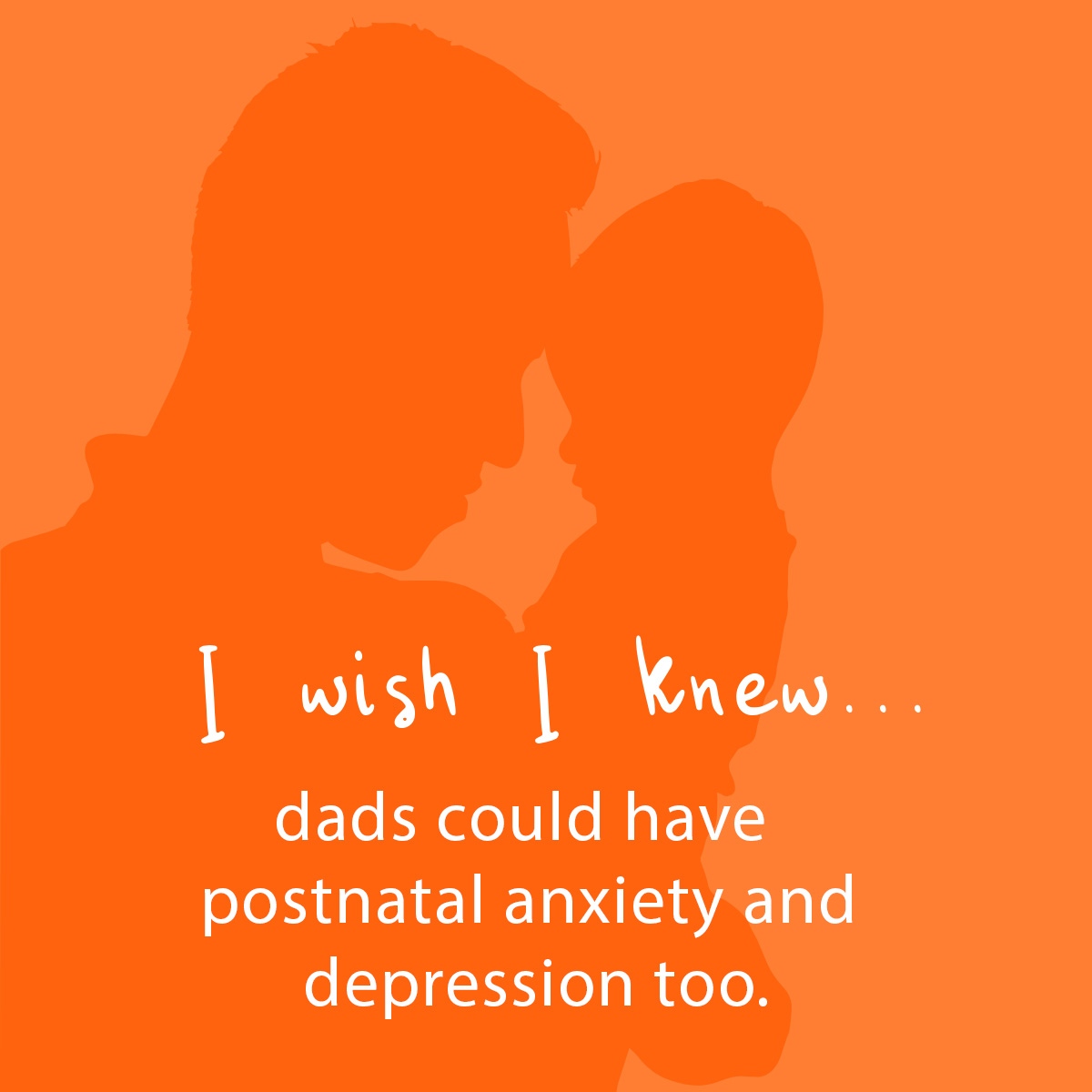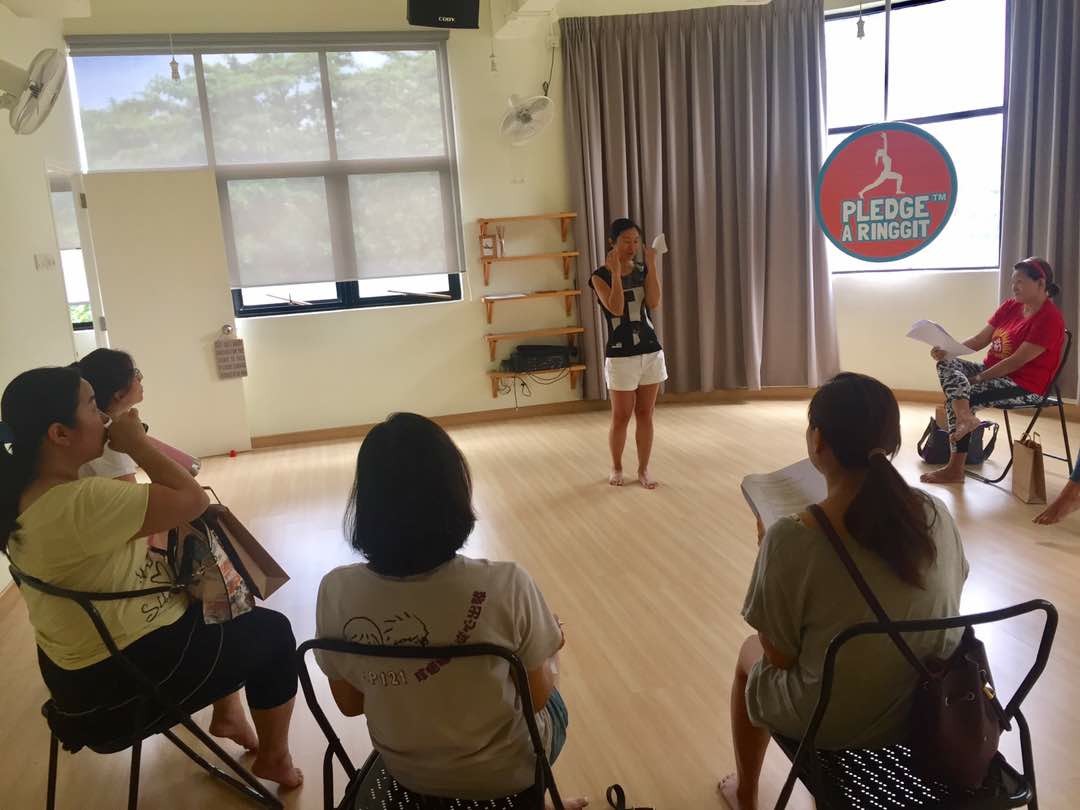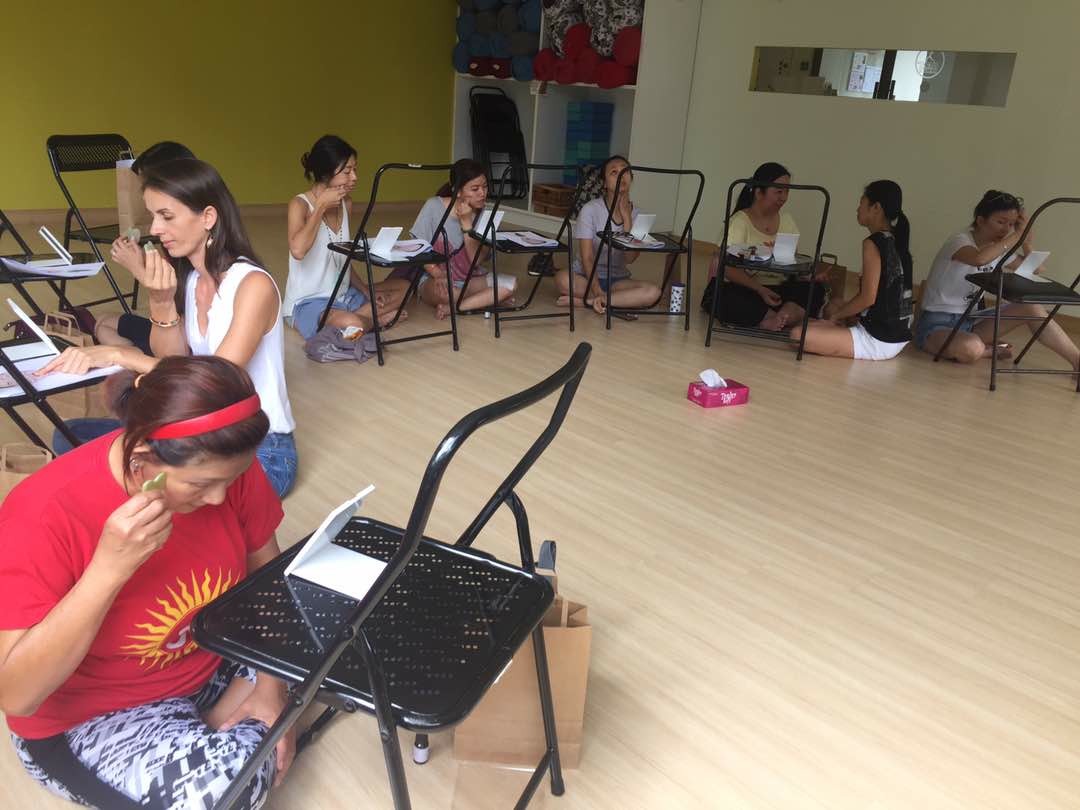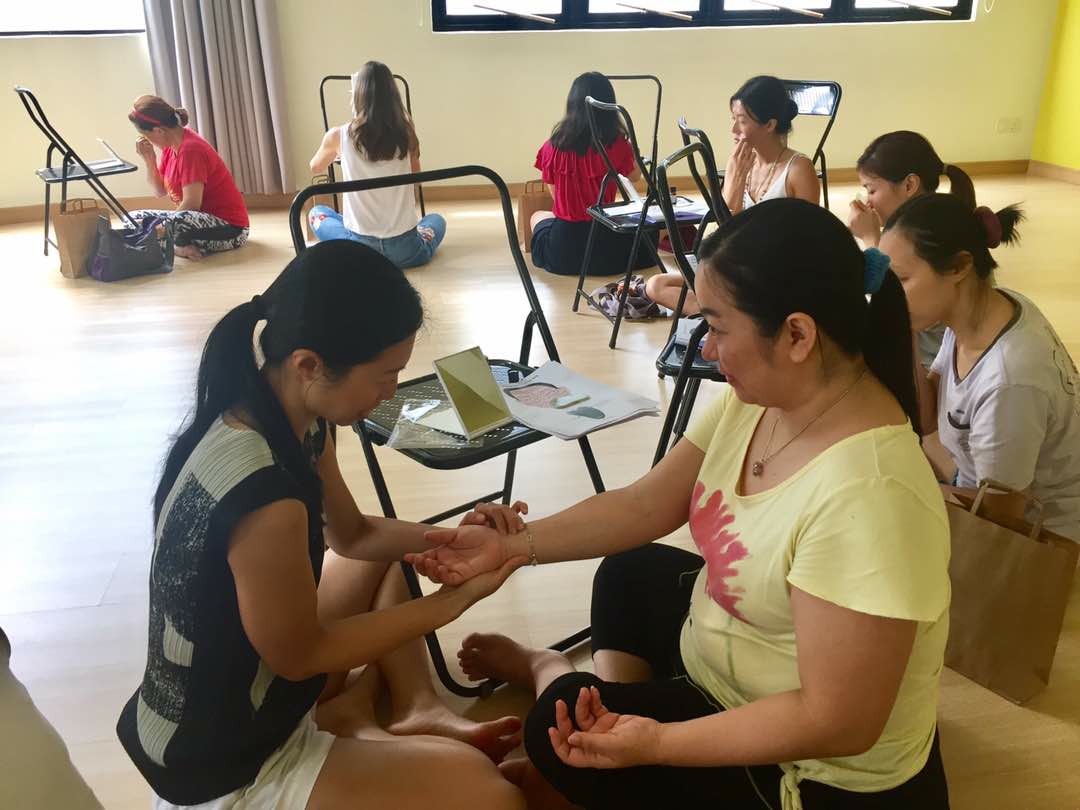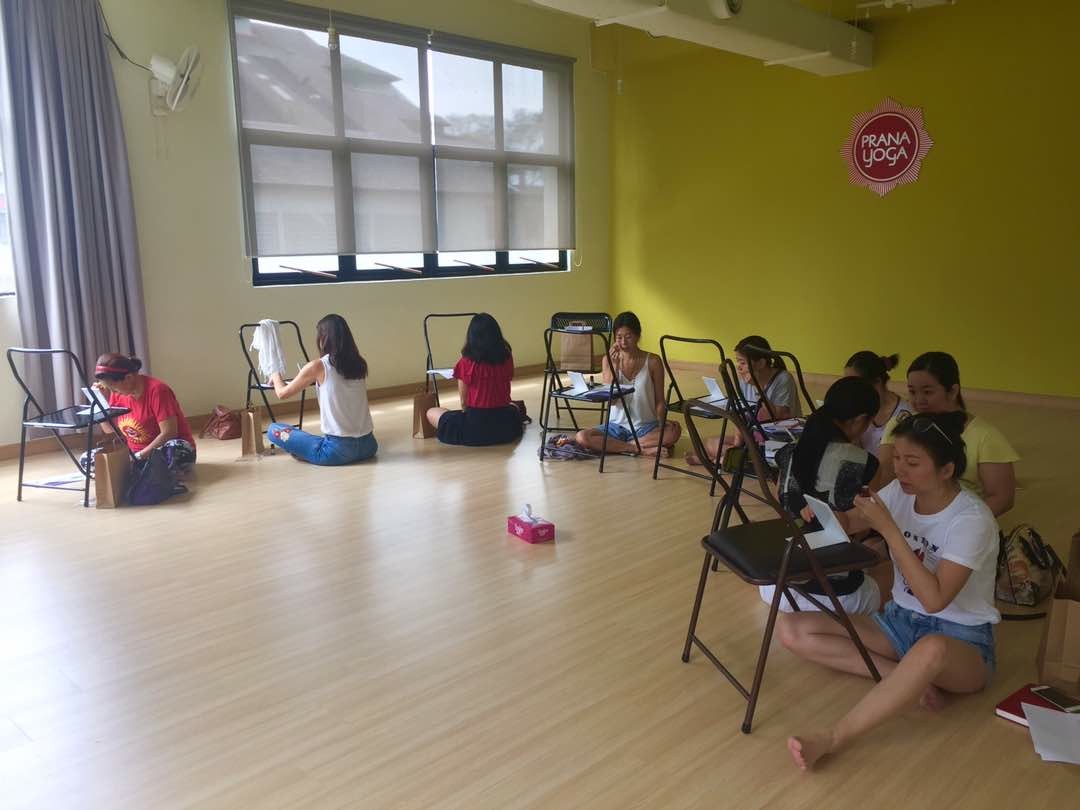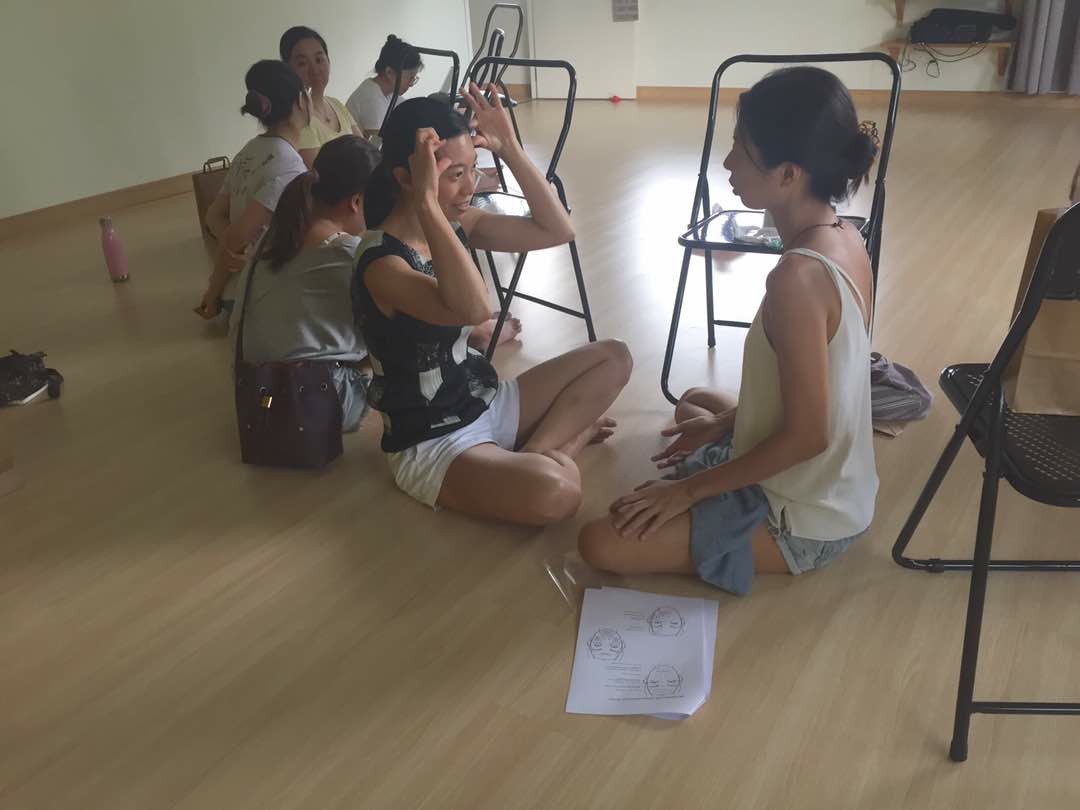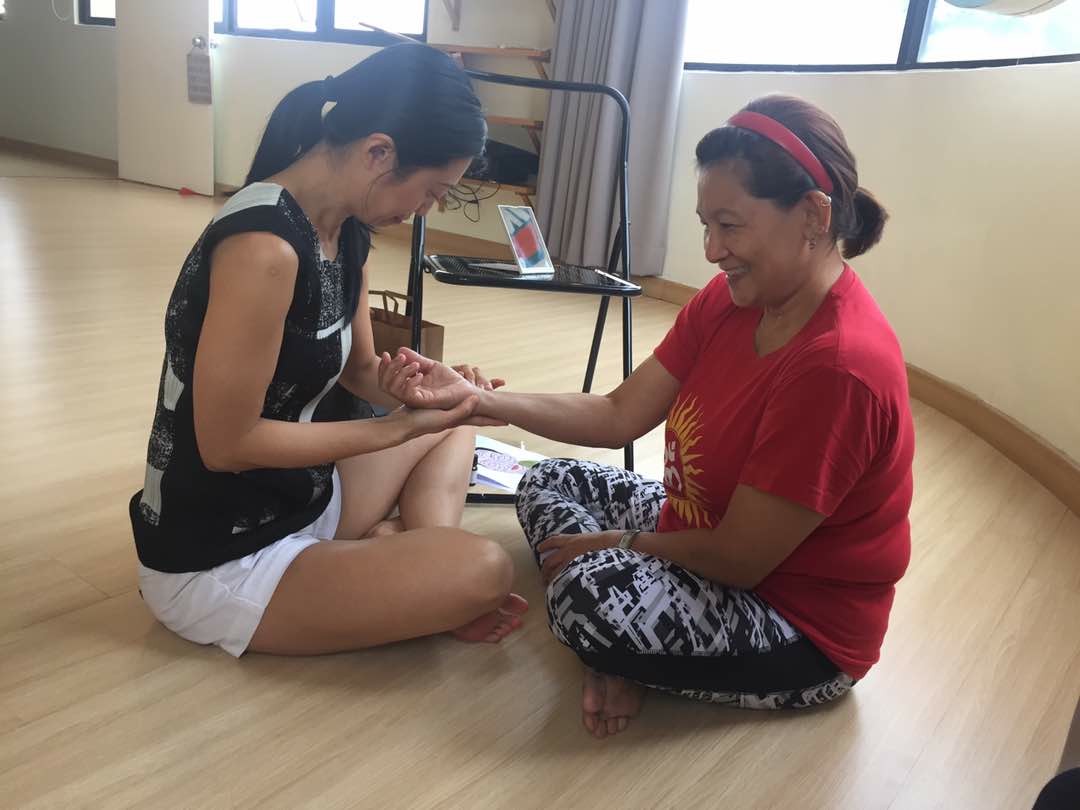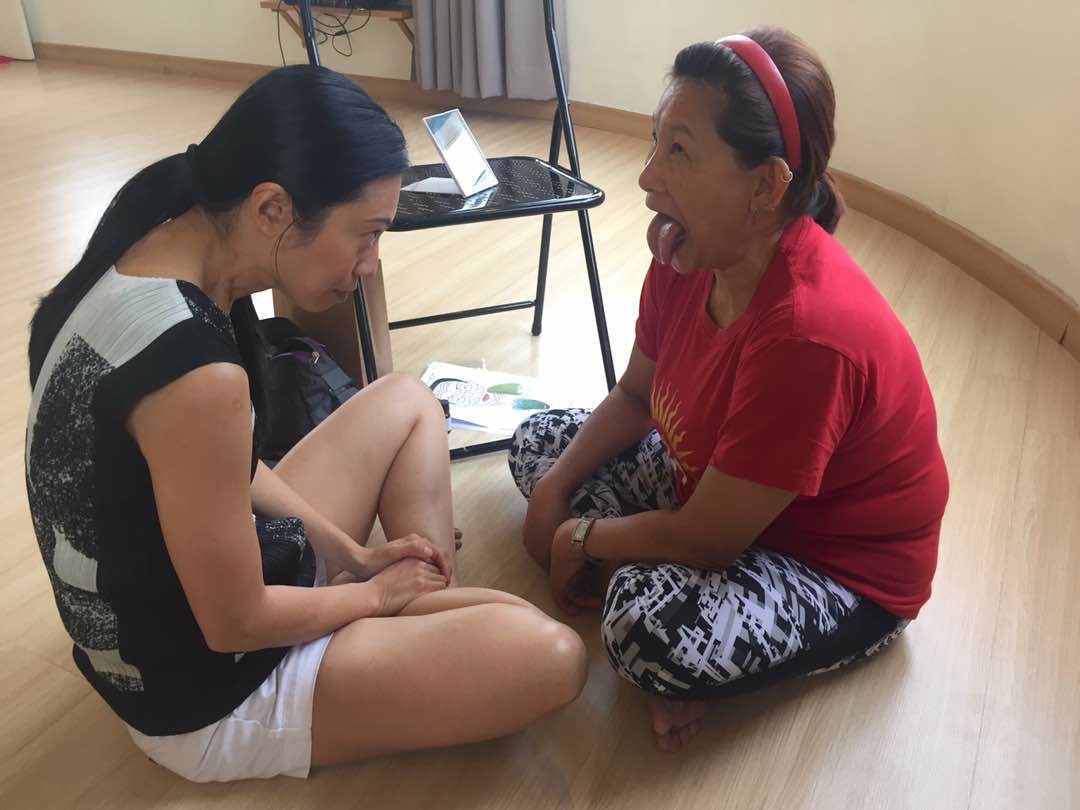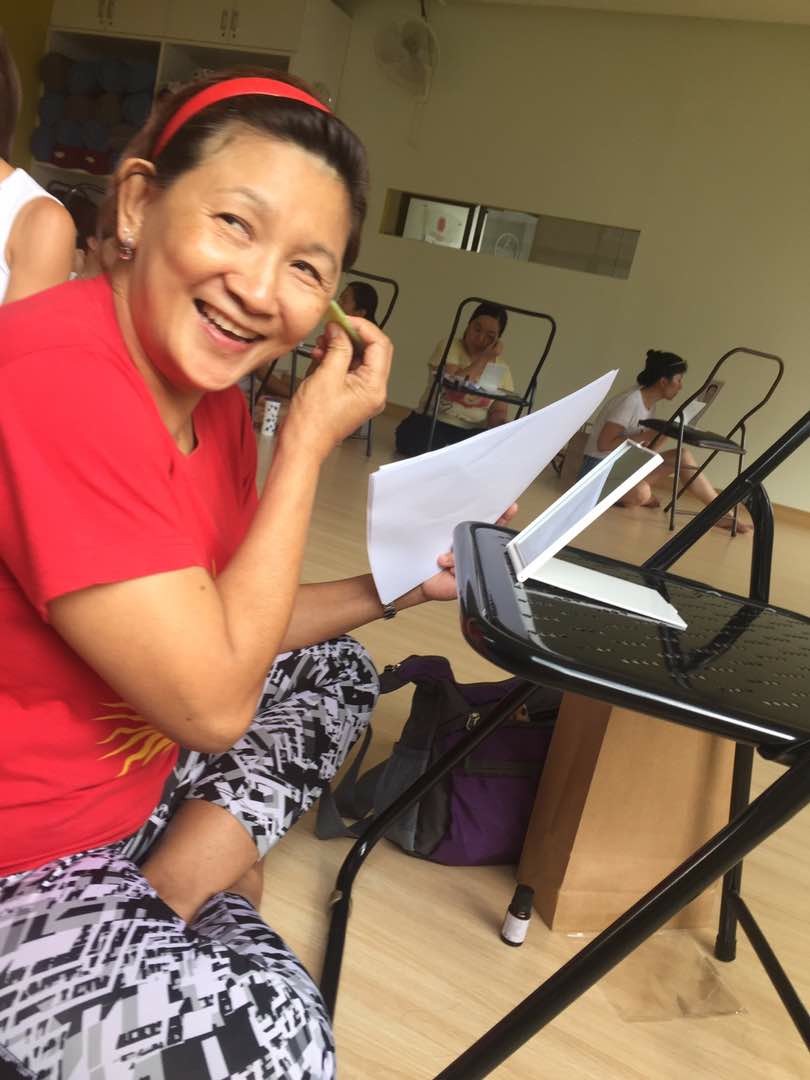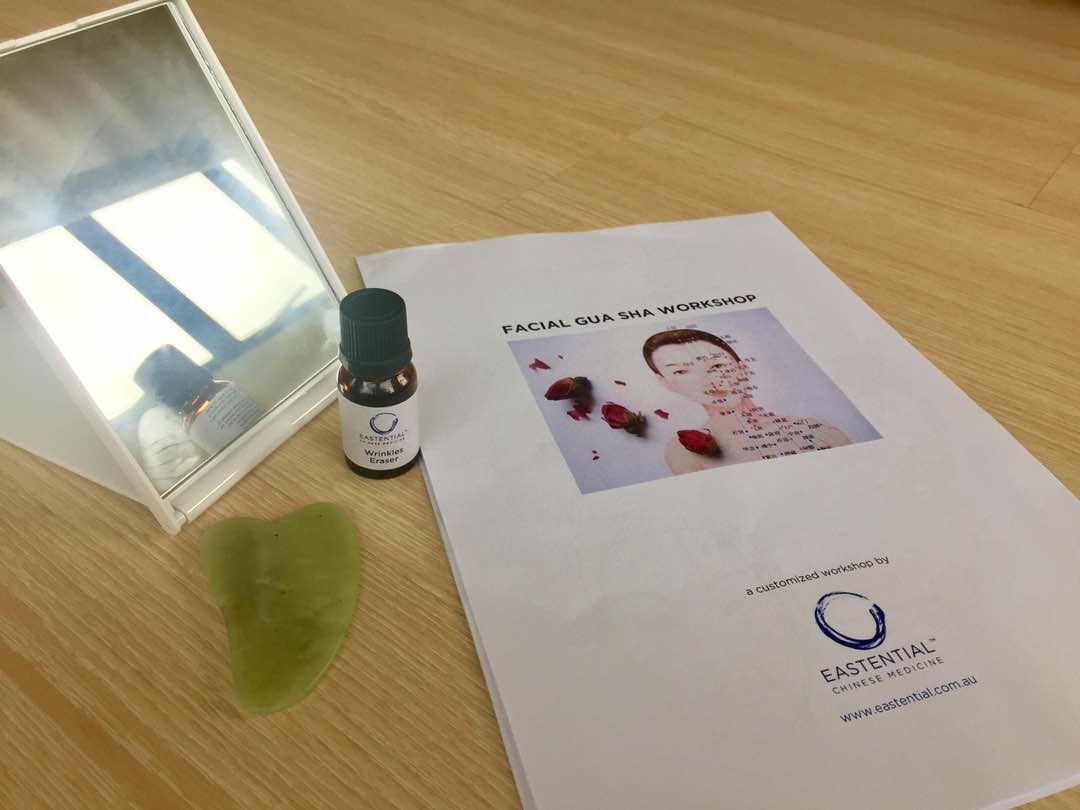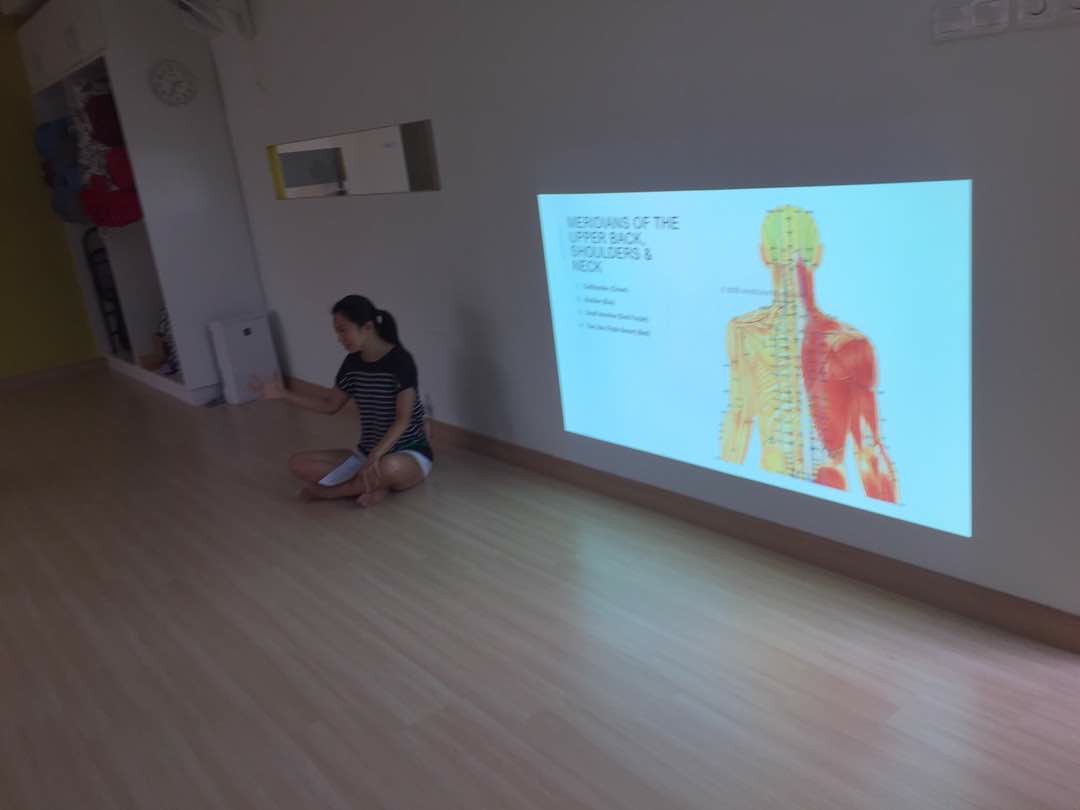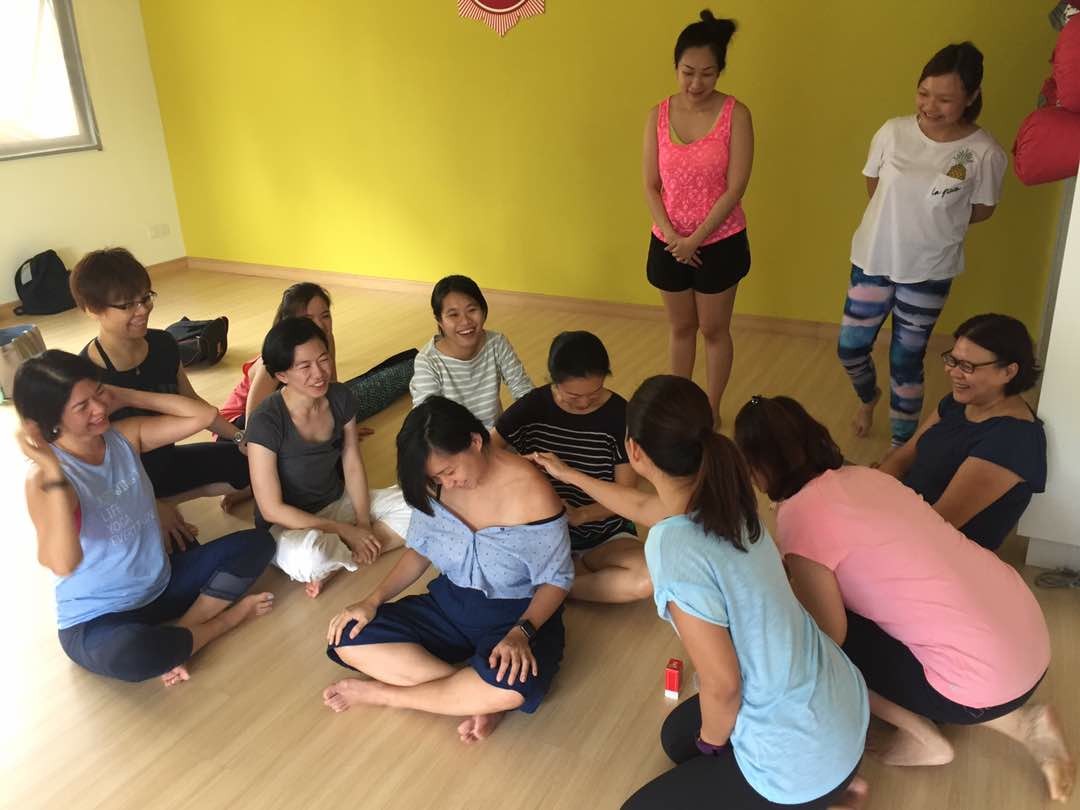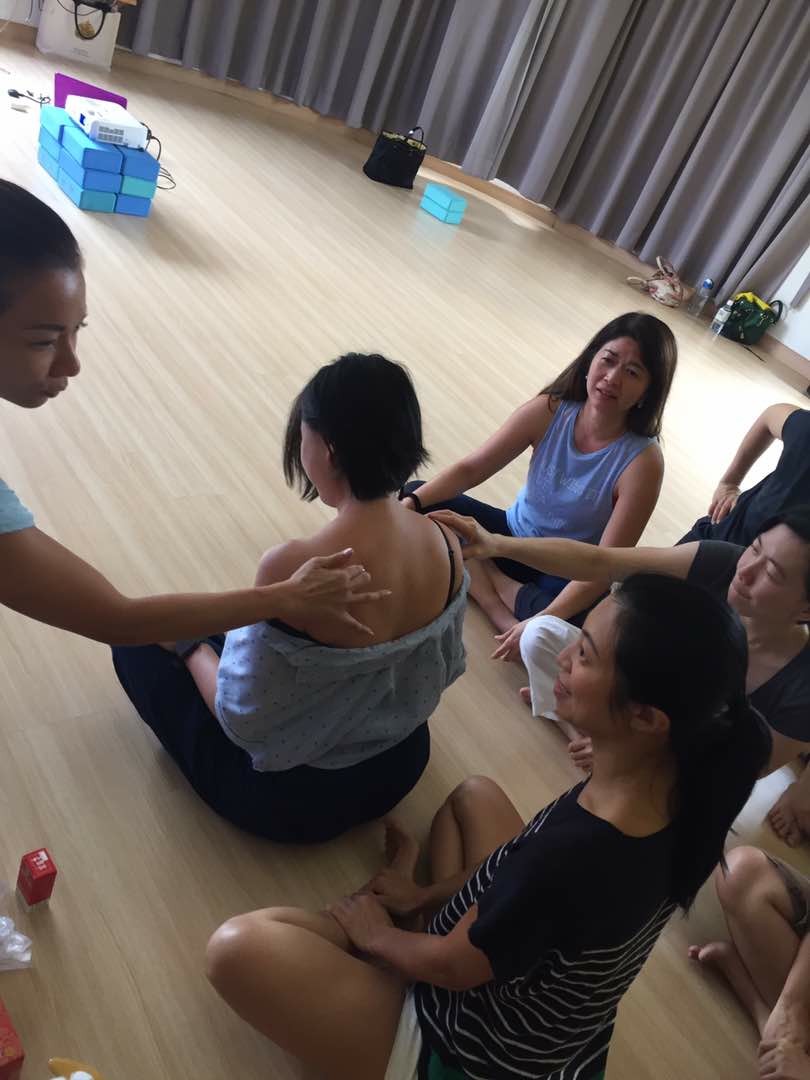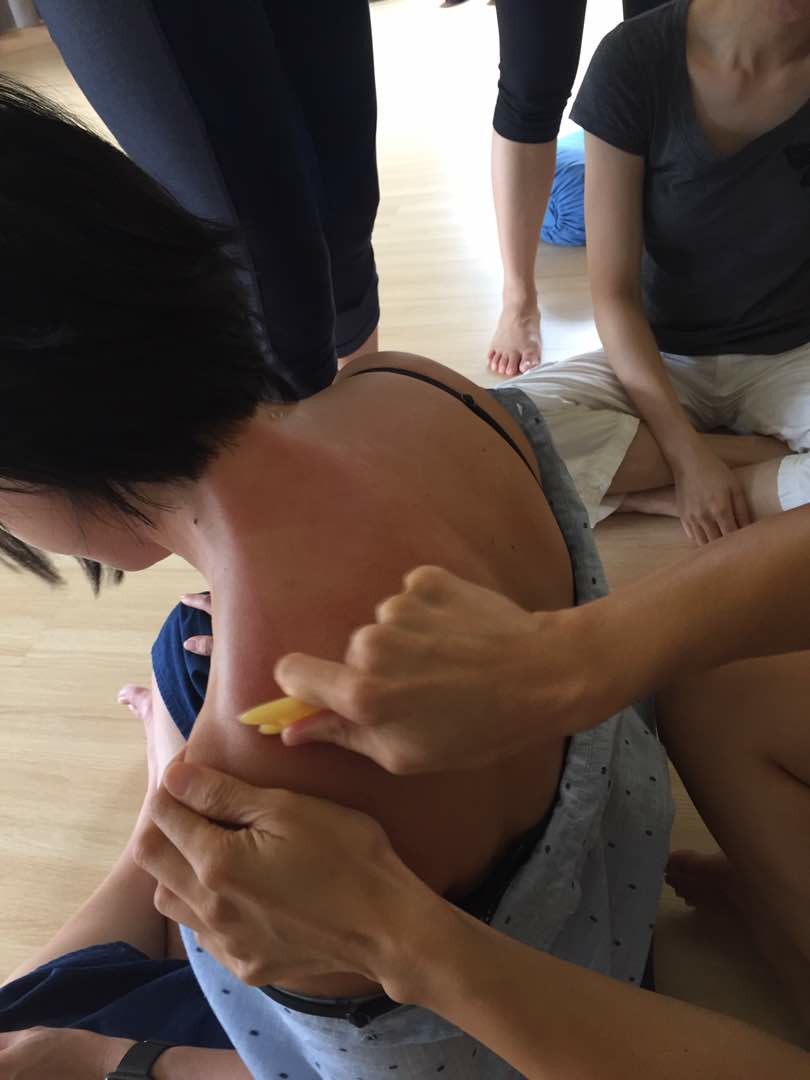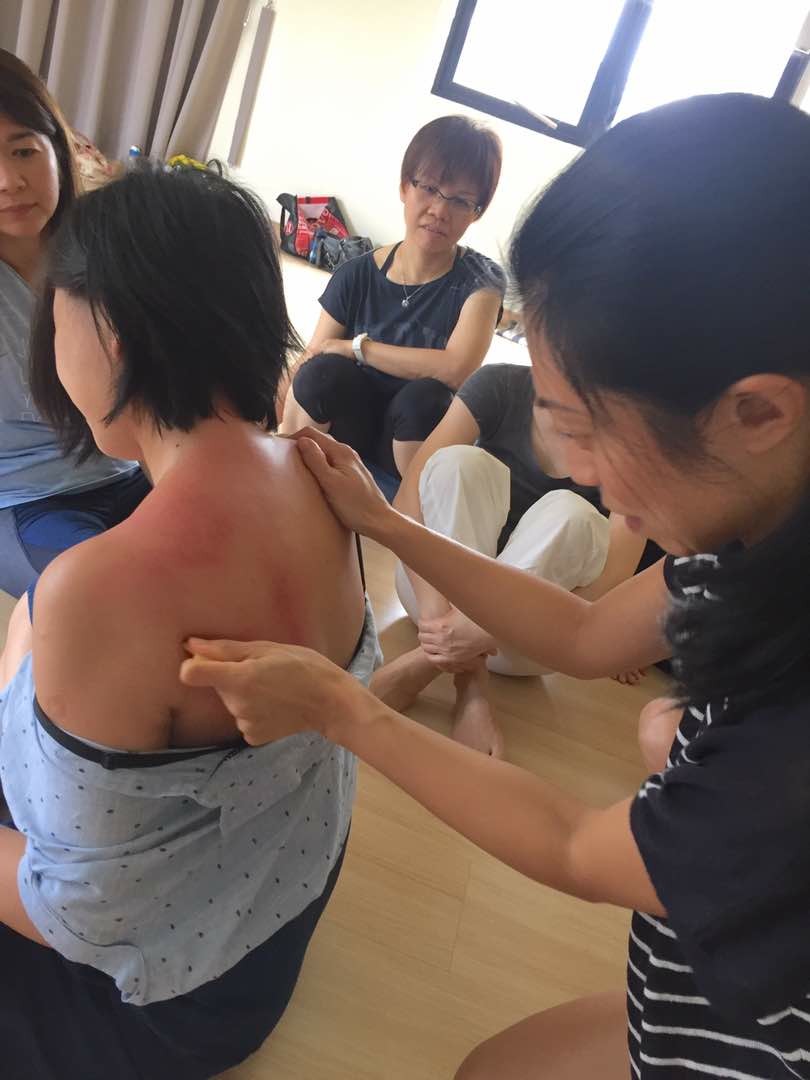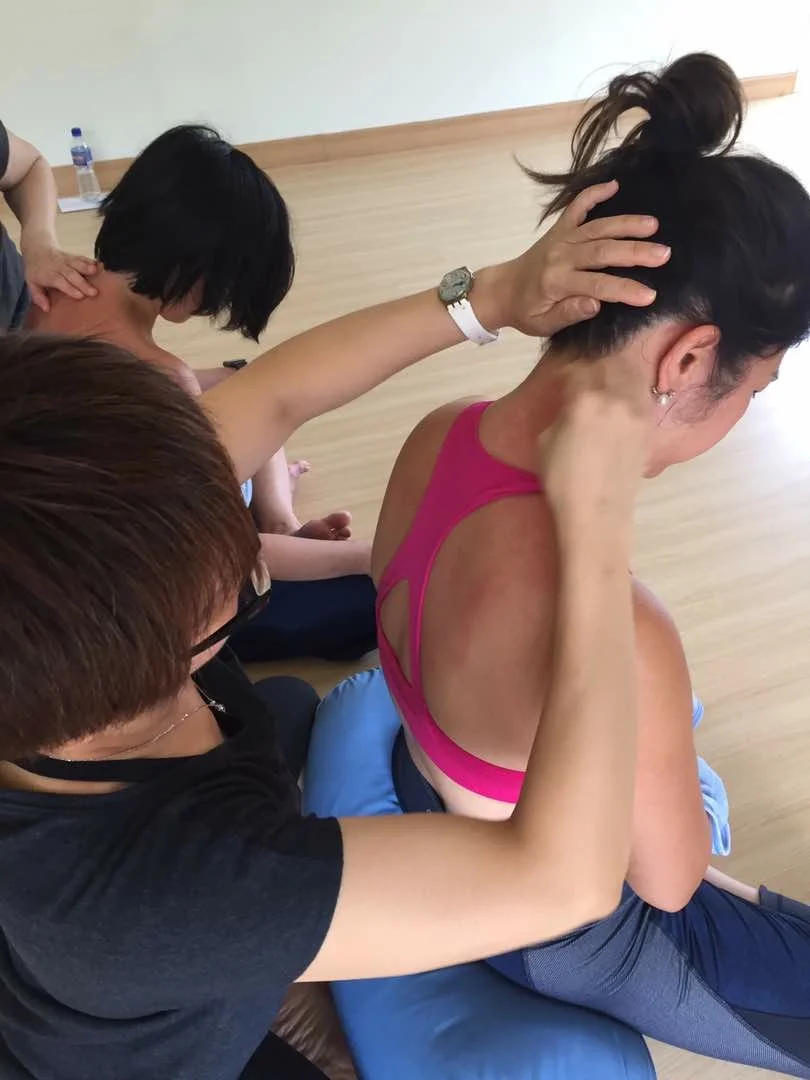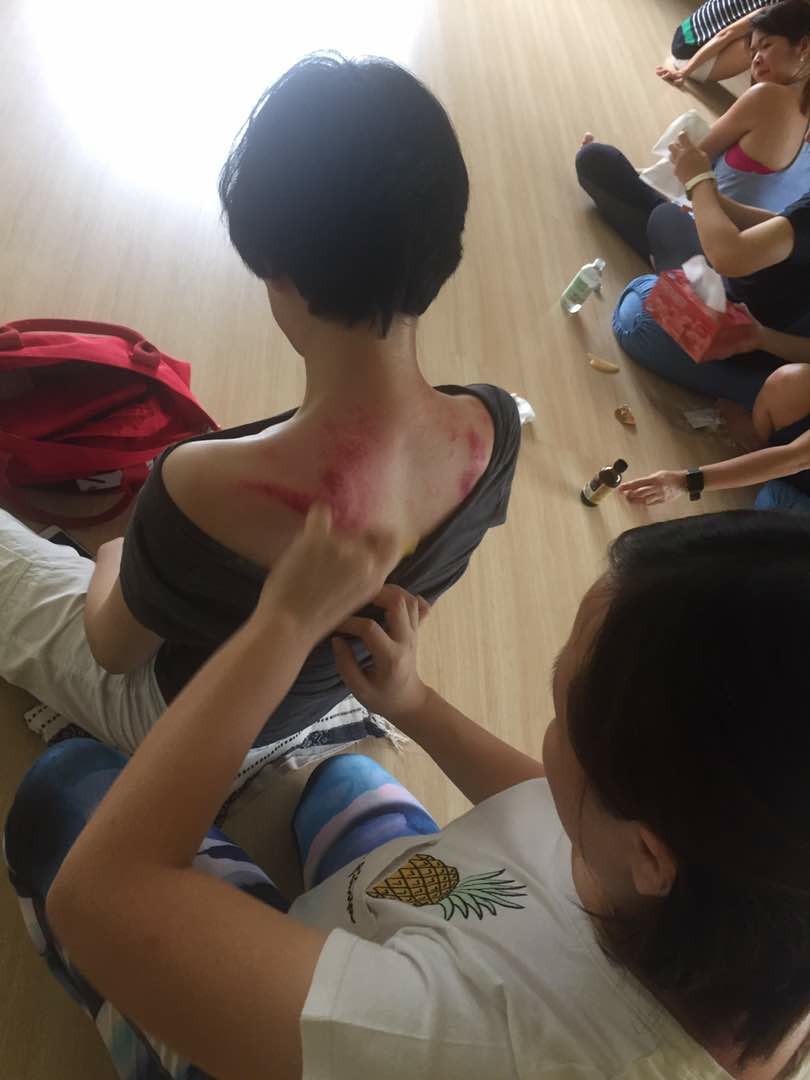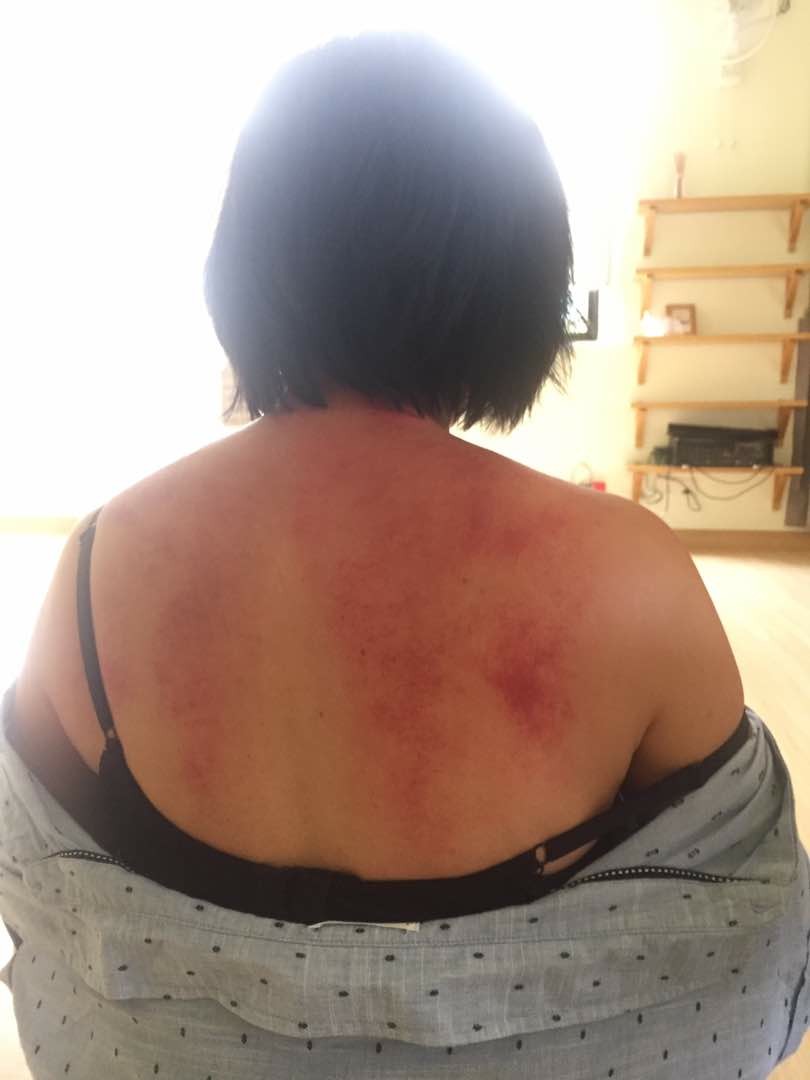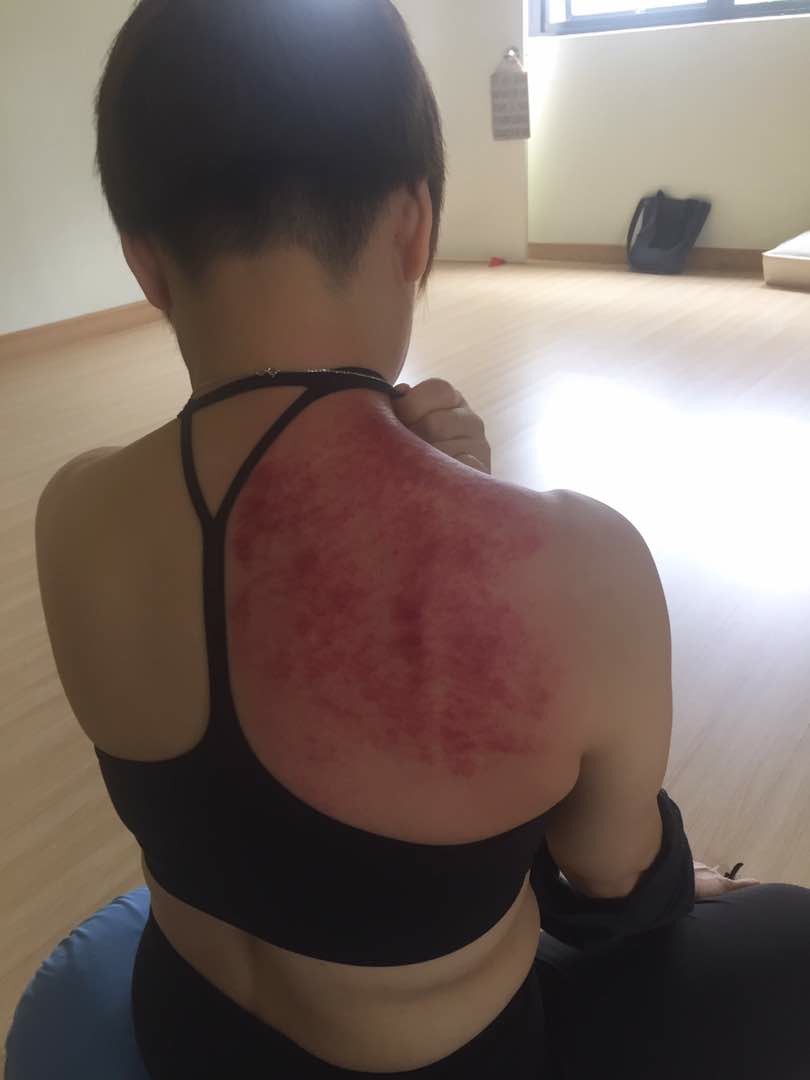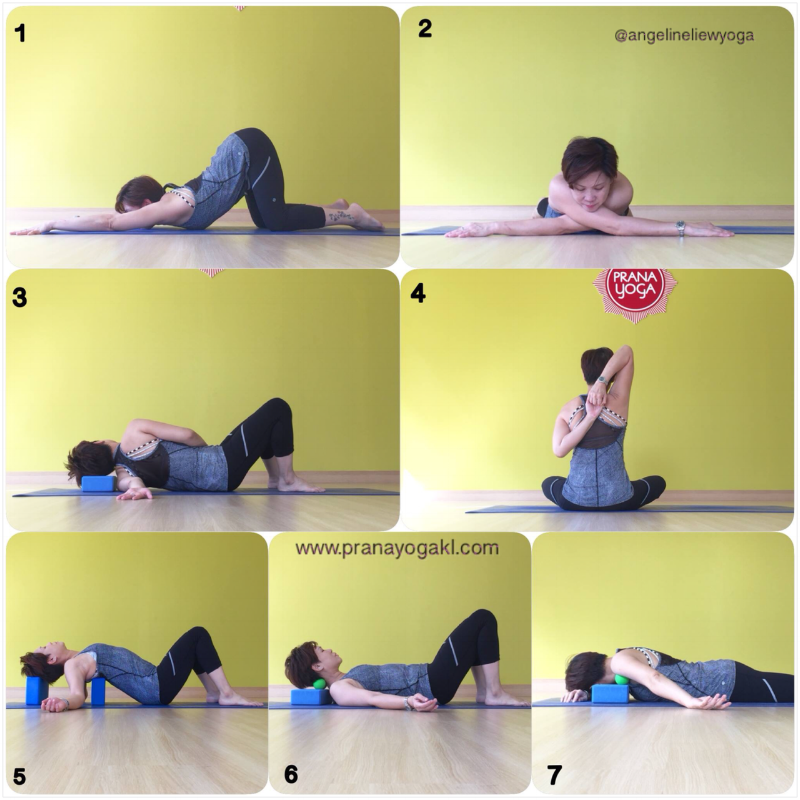The silly season is fast approaching. Champagne popping, canapes all around, decadent meals and the surplus of chocolate and sweets to tempt and arouse the senses, and the never ending of Christmas shopping and preparations to do. As the countdown begins to Christmas day, the intake of food and alcohol will progressively increase culminating on Christmas day and New Year’s Eve. The cooking, feasting and jolly making is wonderful however, the aftermath of this overindulgent and silliness does take a toll on the body. This often manifest as bloating, fatigue and a general ‘I feel like crap’ feeling after having too much to eat and drink.
Here are 5 suggestions to avoid subjecting your body and mind through over eating, drinking and stress
Moderate - I believe that you can eat anything you want as long as you understand the quantity you have. It is not about stuffing your face but to nibble on small morsels of variety of food and to enjoy the taste, texture, smell and look of a dish. Moderation is key.
Chew - It is quite remarkable how often people don’t chew their food. By consciously chewing your food instead of shoving it down makes a huge difference in signalling to your body how much food you need. Research shows that it takes about 20 minutes for the body to register that you are full. By consciously chewing your food, your body will send the signal to your brain telling your stomach that you have had enough and you are full. Thus reducing the amount of food that you would consume over the festive season.
Hydrate - I don’t mean hydrating your body with fizzy, coffee or tea, or other caffeinated and high fructose and sugary drinks. Hydration is about consuming plain water. I understand that some of you may find drinking plain water rather boring and difficult. Perhaps adding a slice or slices of lemon and a pinch of salt or adding some cucumber or seasonal berries to water may make it palatable. Aim to drink at least 1.5 to 2 litres of water per day especially now that we are heading into warmer weather. Drinking water makes us feel full, therefore decreasing our appetite and, it is a vital source for the body to flush out toxins especially after the consumption of alcohol.
Pause - Stress in unavoidable during festive season. There are Christmas presents to buy and wrap, lunches and dinners to attend or organise and, meeting those ridiculous end of year deadlines at work. I find taking a 15 minutes break away from the stressful situation often helps. But before you reach out for that second or third coffee for the day and/or sugary treats, think of other alternatives that do not increase additional stress to your body. For example, going for a walk in the park, meditation and conscious breathing or plugging into some chill out music to take your mind away from the cause of the stress has longer lasting effect on your body and mind to de-stress better.
Disengage - We are constantly wired up on social media and the bombardment of Christmas sales and offers. It may be extremely difficult to completely switch off but giving up social media for one day of the week can make a huge difference to the mind and body. By reducing that constant stimulation, we have a better chance in coping with stress during this festive season. Some would make a conscious effort to completely switch off all social media during the summer break so that they can focus back on themselves and be present with family and friends. Try it! It is quite refreshing to be disconnected from social media.
I hope that these suggestions are useful in helping you cope with this festive season. Alternatively, if these suggestions seem too much of a hassle and you cannot cope both mentally and physically, acupuncture is highly effective in reducing stress, strengthening the digestive and calming the nervous system. Let us assist you during this festive season so that you may enjoy and celebrate with family and friends without having to feel burnt out and struggling with digestive problems.
